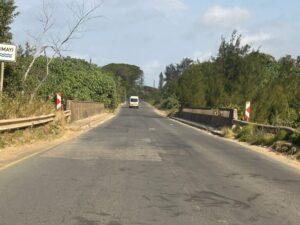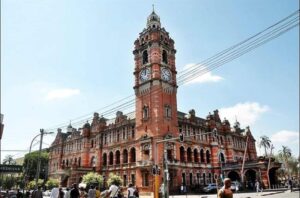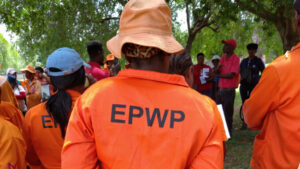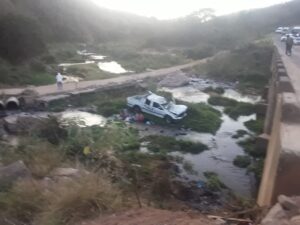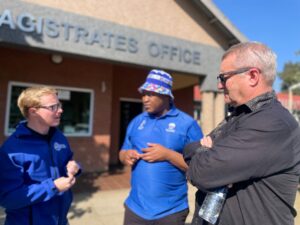Note to Editors: Please note Marlaine Nair, MPL sound bite in English
Despite receiving more than R61.7million in funding since 2019, the Nkandla-based Ntingwe Tea Estate remains financially unstable, prompting a request for a further R16.1million for the 2025/26 financial year.
The DA has long expressed serious concern over the fiscal insecurity of the estate. Today, operations remain financially unsustainable, with income unable to meet basic expenses.
Ntingwe Tea Estate was originally established to serve as a rural development catalyst, offering employment to women and our youth, with the intention of creating economic spin-offs in one of KZN’s most underdeveloped areas. Today, however, the estate is far from fulfilling its intended potential.
Core challenges include;
• A failing road network, severely hampering market access
• Vacancies in critical positions such as factory manager and accountant
• Incomplete infrastructure upgrades
• Low production yields (800kg/Ha against a 2 500kg/Ha target) and;
• A weak marketing and sales strategy leaving Ntingwe as a price-taker in the tea industry.
Of particular concern to the DA is that the Agribusiness Development Agency (ADA) was unprepared to present a comprehensive financial recovery plan, when it recently appeared before KZN’s Finance portfolio committee. This despite the Estate having operated in an unsustainable financial position for an extended period.
With substantial public funds already committed and limited returns to date, time is of the essence. It is crucial that swift and evidence-based decisions are made to prevent further waste.
Any proposed recovery or turnaround plan must also consider the broader context of South Africa’s declining tea industry. Nationally, many estates have faced closure due to poor profitability, rising input costs and shrinking domestic demand. It is therefore vital to assess whether Ntingwe’s business model – even if it is improved – can realistically remain viable within a shrinking sector. Without this context-sensitive analysis, even the best-laid plans risk falling short.
The DA has long supported public-private partnerships (PPP), independent business analysis and market-driven solutions to revive projects such as Ntingwe.
Any recovery plan must therefore include;
• A full market feasibility study
• A detailed SWOT analysis
• Options for partnership models beyond sole government rescue and;
• Urgent road infrastructure solutions.
Given ADA’s operational stake in the estate, the DA believes that an objective, external assessment by private-sector analysts is now essential to chart a realistic path forward. Continued internal planning without transparency or measurable outcomes will only lead to further waste of provincial resources.
KZN’s high unemployment rate – particularly among rural women and young people – demands effective, self-sustaining solutions. Our province cannot afford to sink more funding into unviable ventures. The time for clarity, competence and credible planning is now.
